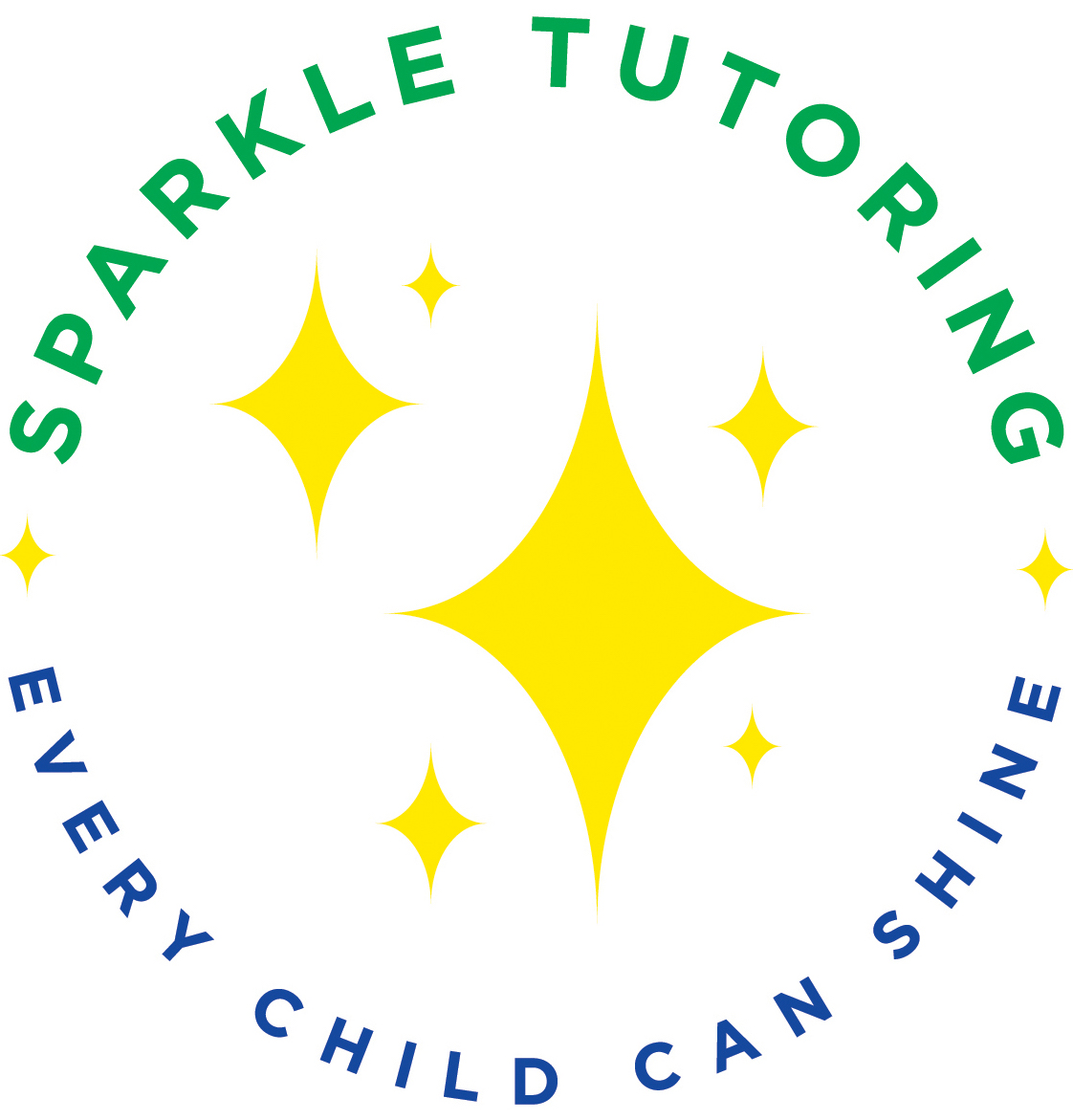If a child is struggling academically or showing signs of a learning difference, one of the first steps many families consider is educational testing. In public schools, this process is often offered free of charge and conducted through the school district as part of special education services under the Individuals with Disabilities Education Act (IDEA). Private school students also have access to these services from the district where their school is located. While these services are available to all students, there are several important factors to consider when choosing between this school-based option and seeking a private evaluation (most often conducted by a psychologist).
There are numerous Pros and Cons in deciding between a school-based and private evaluation. The largest difference is the cost. School-based testing is provided at no cost to families. This can save hundreds or even thousands of dollars compared to private evaluations, which can be expensive and aren’t always covered by insurance. Another factor is applicability of test results. Since the testing happens within the school system, evaluators often have a better grasp of how a student’s challenges affect classroom performance. The school also has easier access to teacher input, classroom observations, and academic records. If the evaluation identifies a disability, intervention and support services can begin more quickly through school-based programs, especially if the school is already involved. At the same time, private evaluators are also able to meet with teachers, review records, and observe the classroom with the proper permissions in place. They can also write recommendations for interventions and accommodations to be implemented in schools, although many schools also require students to go through their process.
Limitations of a school-based evaluations include: long wait times, limited openness to testing, inability to diagnose, and less personalized feedback. Given the strain on resources, there are often long waiting lists to get testing and families may be dissuaded from pursuing an evaluation. Some students may not rise to a level of concern noticed by teachers or may be getting strong grades and test scores, but parents are seeing the stress and difficulty it takes at home. When this happens, school personnel may recommend against an evaluation. Similarly, many parents seeking answers can be disappointed when there are not clear diagnoses given in a school-based evaluation. School evaluators can describe symptoms and associated educational needs, but not formally diagnose. Further, recommendations are based on how to support the student in the school environment, while stopping short of giving strategies, treatment recommendations, and parenting advice outside of school. Finally, reports from school evaluations can sometimes bemore technical and less parent-friendly. Private evaluators often spend more time explaining results and tailoring advice to your specific family situation.
To make a decision between a school-based evaluation and seeking a private assessment, consider the factors that are most important to your child and family. What are you hoping to learn from an evaluation? Is cost an obstacle? Do you feel your school or teacher adequately understands your child? How much do you want to be involved? Do you want to better understand how to support your child at home? All of these are important questions to consider, and each family will make the choice that is best for them. At a minimum, explore your options and talk with your child’s teacher or learning specialist, and consider calling a few psychologists to learn more about what they offer. Being more informed helps families make more empowered decisions!
Stephanie Fox, PsyD, is a licensed psychologist at Four Corners Psychological Services, an educational testing practice offering assessment for children, teens, and adults. Dr. Fox conducts evaluations for dyslexia, dysgraphia, ADHD, and other types of learning and emotional differences.
More information can be found at www.fourcorners-ps.com or by emailing Dr. Fox at drfox@fourcorners-ps.com.


